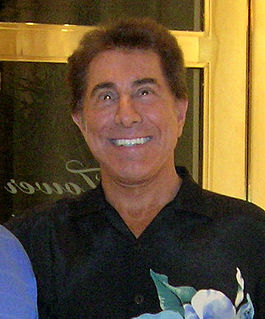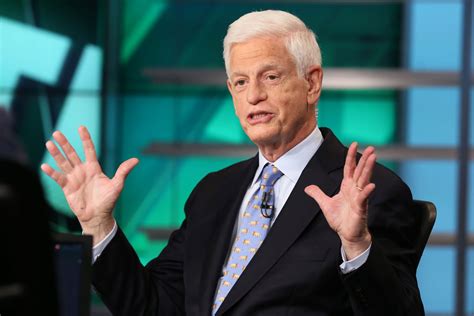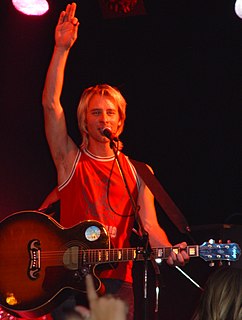A Quote by Charles Duhigg
In a flash order transaction, buy or sell orders are shown to a collection of high-frequency traders for just 30 milliseconds before they are routed to everyone else. They are widely considered to give the few investors with access to the technology an unfair advantage, even by some of the marketplaces that offer the flash orders for a fee.
Related Quotes
I have very little respect for the integrity of the trading on the exchange in most stocks. And I have particular disdain for the fact that the SEC has failed to deal with high-frequency traders who are doing nothing more than taking advantage of inside information, a buy or a sell order, because of technology advantages.
Corporations are totalitarian institutions. Board of directors at the top of managers give orders, everyone follows orders..... At the very bottom of command, if you are lucky you can rent yourself to it and get a job , and if you are sufficiently propagandized you may even buy some of the junk they produce and so on.
On the New York Stock Exchange, all buy and sell orders are routed through a single 'specialist,' guaranteeing that most small trades can be matched directly. But most larger trades are delivered to the specialist on the floor of the exchange by human brokers, a system that big investors view as increasingly inefficient.





























